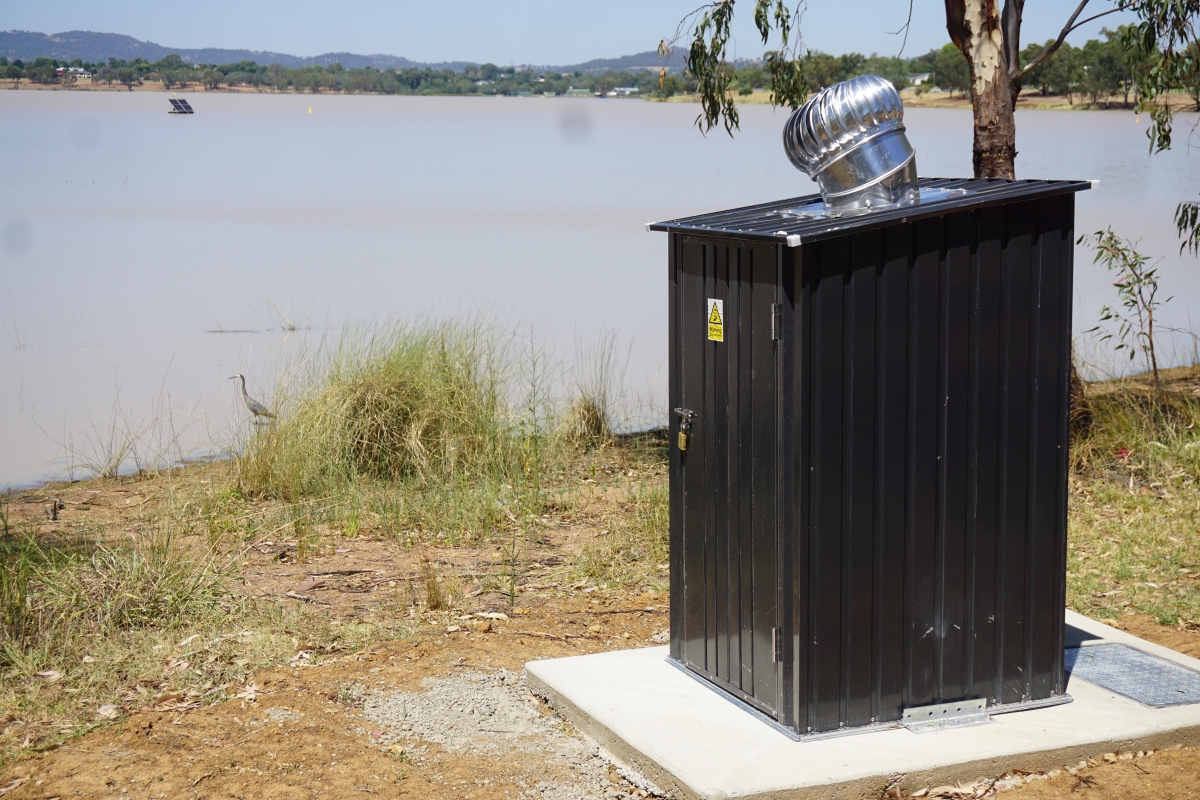Businesses are investing in electric and plug-in hybrid vehicles and other energy efficient assets to reduce operating costs and support the transition to net zero, data from NAB shows.
Finance for electric and plug-in hybrid vehicles is up 900% since 2020 and finance for solar assets has increased 600% since 2020.
NAB Group Executive, Business and Private Banking, Andrew Irvine, said business owners were adapting to the changing economic environment with many choosing to make long-term investments into a more sustainable future.
“Australian businesses are resilient – they navigated a global pandemic with strength and they’re adapting to a lower growth environment by being really smart about how they reduce operating costs while also reducing greenhouse gas emissions.
“Our customers know there are significant economic and environmental opportunities in reducing their carbon footprint with 43% of businesses telling us they either have in place or plan to develop a net zero carbon emissions plan, that’s up 13% since 2021. Business owners want our help, and they want commercial solutions to help them transition,” Mr Irvine said.
“Right across the country, we’re seeing investments in everything from solar panels to electric cars to sustainable on-farm practices and technologies that reduce costs, reduce carbon emissions and importantly, build resilience to climate change.
NAB has launched its new Agri Green loan following a successful pilot. The loan is available to customers looking to invest in eligible on-farm practices and technologies to reduce their emissions and build resilience. NAB also offers finance for green equipment and has trained more than 370 bankers in Climate Banker Training in recognition of customer appetite to better understand their transition options.
“There is clear commercial opportunity for Australian businesses as we transition to net zero. Our role is to support our customers and communities through the transition and fund the investments needed to create a strong and sustainable future,” Mr Irvine said.
Tahbilk, one of Australia’s oldest wineries and one of the first to be certified carbon neutral continues to build on its sustainability credentials with the help of three NAB Agri Green Loans.
Hayley Purbrick, Tahbilk’s Chief Sustainability Officer said NAB’s support was crucial to them achieving their energy transition goals.
“There are business and environmental benefits in becoming more sustainable and I think we’re seeing a shift right across the industry when it comes to building climate resilience and sustainability into business models,” Ms Purbrick said
“One of our biggest projects was the installation of 300kW of solar panels across three of our sites and this led to a 39% reduction in grid energy consumption which has significantly reduced our energy costs and makes us more resilient to blackouts.”
In July, NAB commissioned a new report that found about $20 trillion will need to be spent differently to help Australia transition to net zero by 2050. The ‘All Systems Go’ report pinpoints four economic systems that must become low emissions for a successful transition: energy, mobility, raw material manufacturing, and food and land use. Today they represent around 90% of Australia’s emissions.






